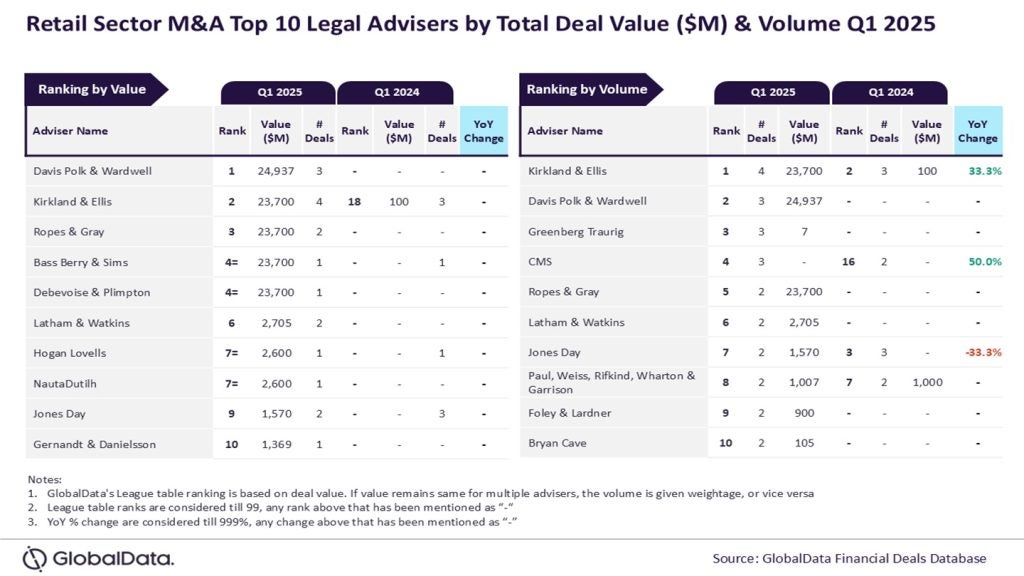Walmart-owned e-commerce giant Flipkart has unveiled intentions to transfer its holding company from Singapore to India.
This development is interpreted as a preparatory step in anticipation of a possible public listing on the Indian stock exchange.
The online retailer cites India's capacity for technology and innovation as key drivers for digital transformation, which Flipkart aims to further cultivate through this strategic move.
A company statement was quoted by The Press Trust of India as saying: "Flipkart, India's homegrown e-commerce platform, proudly based and operating in India, has shared its intention to relocate its holding company from Singapore to India.
"This move represents a natural evolution, aligning our holding structure with our core operations, the vast potential of the Indian economy and our technology and innovation-driven capabilities to foster digital transformation in India."
"As a company born and nurtured in India, this transition will further enhance our focus and agility in serving our customers, sellers, partners, and communities to continue contributing to the nation's growing digital economy and entrepreneurship.”
Walmart acquired a majority share in 2018, which included Flipkart's subsidiary PhonePe, a digital payments company.
The $16bn transaction for a 77% stake in Flipkart was finalised after receiving clearance from India’s antitrust watchdog, the Competition Commission of India.
The retailer was founded in 2007 as an online bookstore. The Walmart-owned Flipkart Group encompasses other entities such as Flipkart Wholesale, Flipkart Health+, Cleartrip, and Myntra.
Last year, Walmart corporate affairs executive vice-president Dan Bartlett told Reuters that it plans to list both Flipkart and PhonePe on Indian stock exchanges within the next few years.
Last month, the Bureau of Indian Standards (BIS) identified instances where Amazon and Flipkart have not adhered to established quality control norms.
A government-conducted investigation has uncovered that both Amazon and Flipkart have been involved in stocking, promoting, and selling products that lack the mandatory BIS certification mark.














